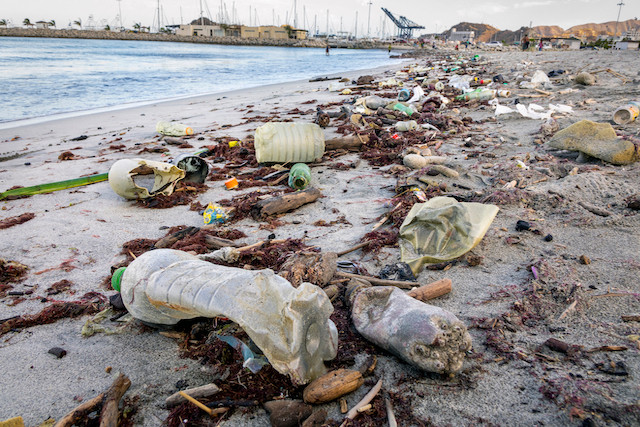Its overconsumption habits could be turned around, starting by criminalising deliberate or negligent destruction of nature, also known as ecocide.
Responding to a parliamentary question on the subject foreign affairs minister Jean Asselborn (LSAP) and environment minister Carole Dieschbourg (déi gréng) said that Luxembourg had already increased fines and prison sentence thresholds related to environmental offences. Ecocide is not recognised in its laws but it could be. The two ministers said a clear definition of what ecocide is would need to be agreed upon first and that they will closely examine actions of its neighbours and the EU as a whole.
In November 2020, Belgium took policy measures to tackle ecocide. Two motions were recently submitted to the Swedish parliament and at the end of 2020, Spain adopted a resolution to study the possibility of criminalising ecocide. France, meanwhile, has introduced the crime of ecocide into its bill on combating climate change and strengthening climate change resilience.
“It is only very recently that the issue has started to be debated concretely at the European level,” the ministers wrote.
On 20 January 2021, the European Parliament adopted an amendment to its report on Human Rights and Democracy in the World, calling for “the EU and the member states to promote the recognition of ecocide as an international crime under the Rome Statute of the International Criminal Court.”
The Rome Statute Working Group has not yet been called to discuss the issue.
“Although it is still too early to judge the advisability of introducing such an offence into Luxembourg legislation, the government will follow developments in this area in neighbouring countries,” the ministers said.
